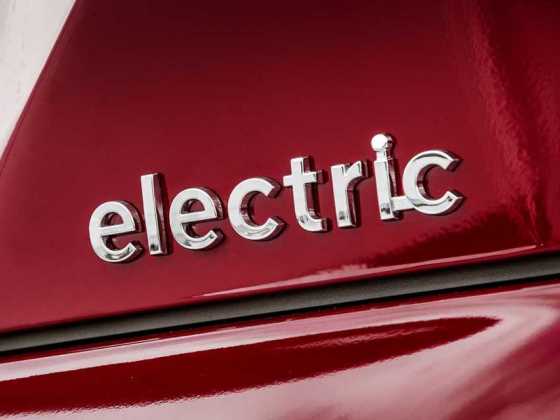London Congestion Charge could temporarily raise to £15

London's Congestion Charge could increase to £15 next month and the hours of operation extended as part of temporary changes to make the capital's streets more cycle and pedestrian friendly so more people can avoid public transport during the pandemic.
This is part of the Mayor of London and Transport for London's plans to transform parts of central London into car-free zones to encourage increased walking and cycling instead of public transport use, where social distancing is difficult during the pandemic.
These changes will be monitored and form part of a wider review of the Congestion Charge as agreed with the Government as part of the TfL funding deal.
Proposals include increasing the Congestion Charge to £15 and extending its hours of operation to 7am to 10pm, seven days a week, from 22 June. This would encourage Londoners not to make unnecessary car journeys, and is expected to reduce journeys within the Congestion Charge zone by a third.
TfL will be temporarily extending the Congestion Charge reimbursement scheme for NHS and care home staff, so they are reimbursed for journeys relating to coronavirus.
Sadiq Khan said: “Covid-19 poses the biggest challenge to London’s public transport network in TfL’s history. It will take a monumental effort from all Londoners to maintain safe social distancing on public transport as lockdown restrictions are gradually eased.
“That means we have to keep the number of people using public transport as low as possible. And we can’t see journeys formerly taken on public transport replaced with car usage because our roads would immediately become unusably blocked and toxic air pollution would soar."
However, FTA, the organisation representing the logitics industry, believes these measures have ignored the needs of London’s businesses, and will operate as a direct tax on the logistics sector.
Natalie Chapman, FTA’s head of urban policy said: "The proposed changes to the London congestion charge have completely ignored the needs of London’s businesses – how are shops to be supplied, restaurants and cafes to be stocked and the rest of the capital’s economy to obtain the products it needs when those charged with delivering these needs are to be punitively taxed at a time when their own industry is in recovery? Logistics, like the rest of London, is far from back to “business as usual”, and the capital’s supply chain should be exempt from these charges."



